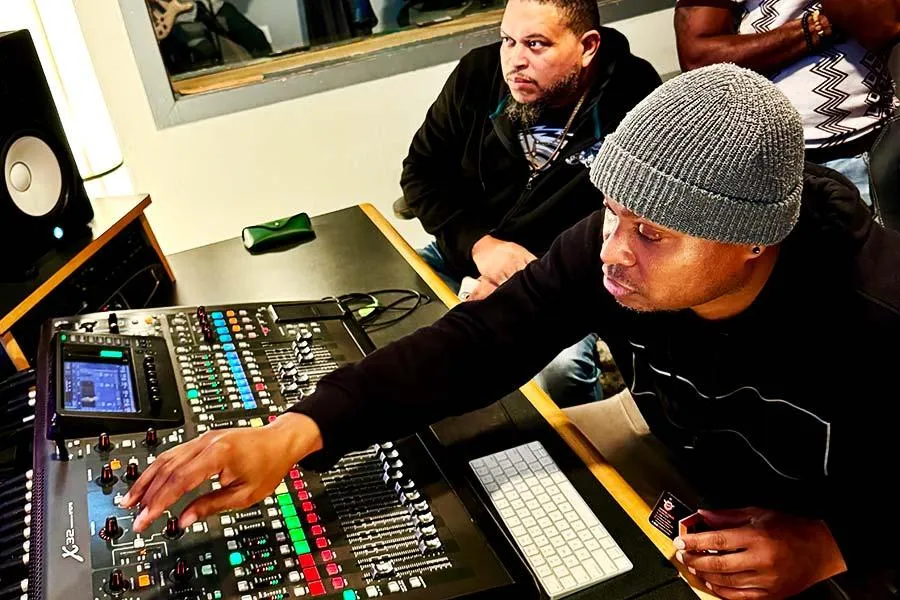Lil' Drummaboy Recordings
Page Not Found
25 Years of Excellence
Oops! Our Apologies.
We recently updated our website. The page that you are looking for no longer exists.
Lil' Drummaboy Recordings still offers the same world-class recording studio and audio engineering & music production courses. Choose from the options below to explore the service that you are looking for.

Lil' Drummaboy Recordings, LLC.
818 South Street, Ste. B
Philadelphia, PA 19147

